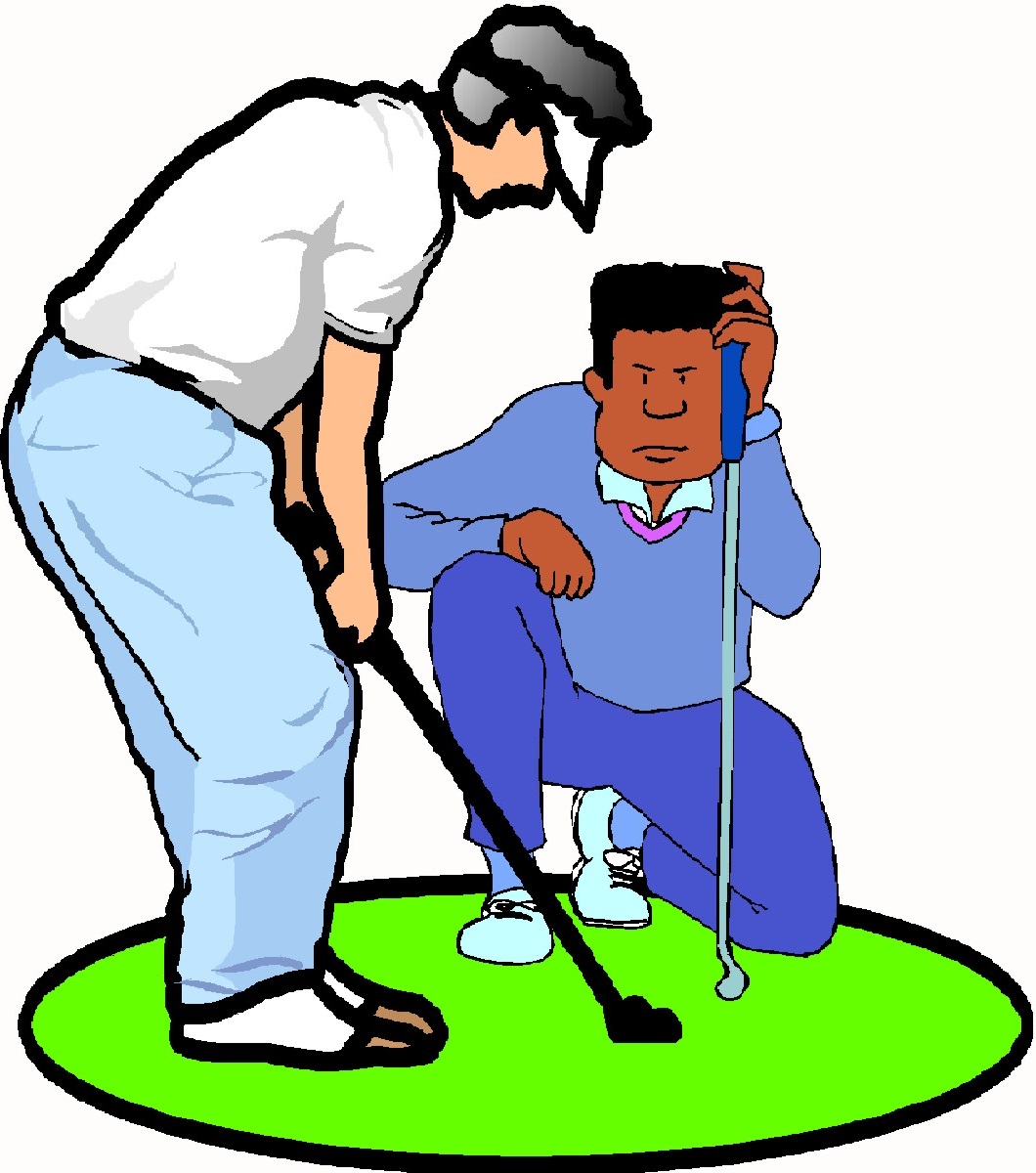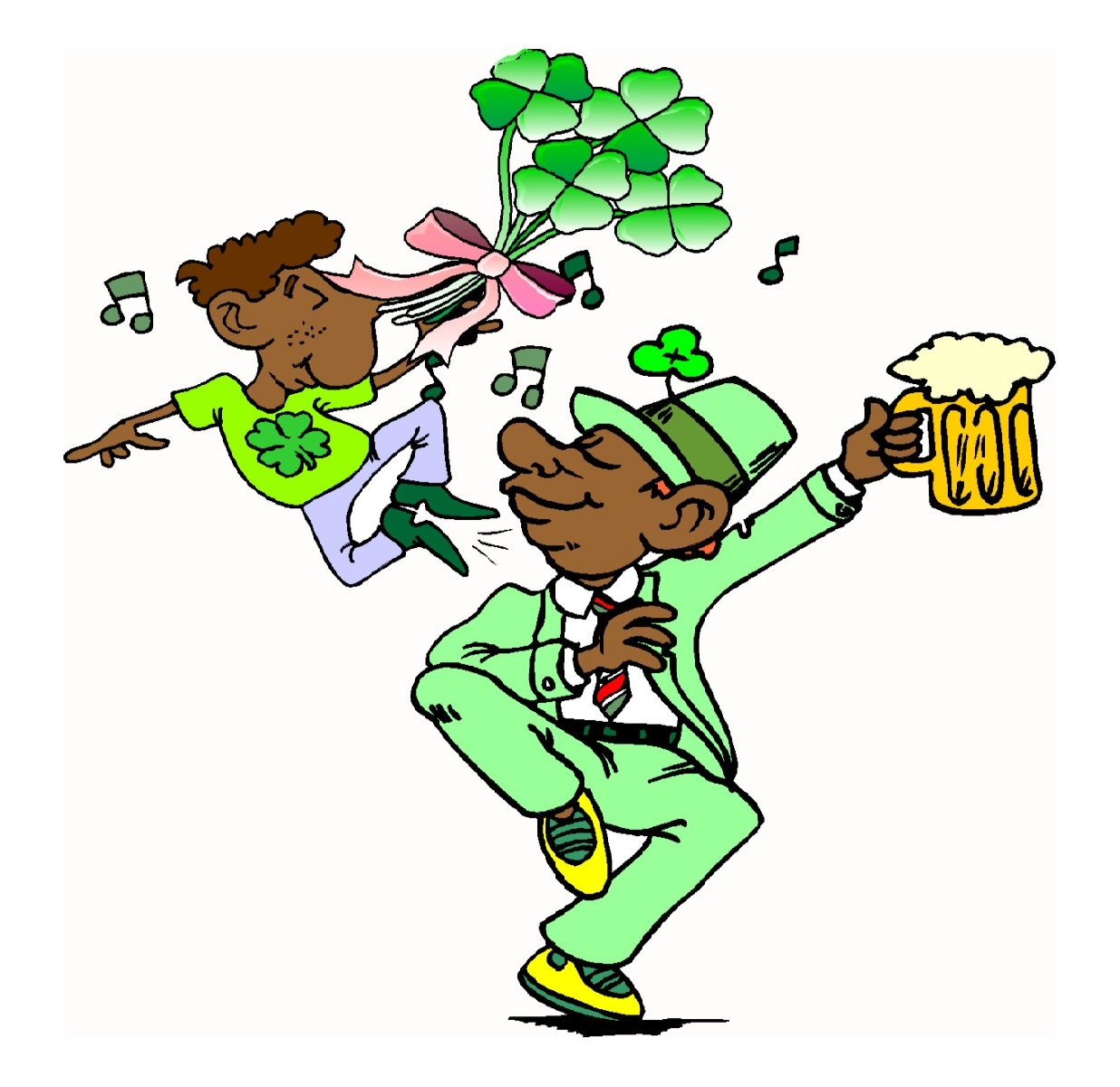Healthy Aging
As we age, we are more likely to experience physical, cognitive or mental health problems (including falls, broken bones, debilitating strokes, coronary heart disease, dementia, loss of a loved one, anxiety and/or depression). We may even get anxious about getting old, wondering whether we are getting too old to do something, ultimately worrying ourselves into an early grave.
Sometimes, it may be our loved ones who worry and fret about us, assuming we are getting too old to be doing that something anymore. With the best of intentions, our loved ones may try to take control over some of the little things we do, and even some of the big things. We may even be told that it is time to hand over the car keys.
How do we know whether we are worrying for nothing? How do we know whether our loved ones are worrying unnecessarily about us? What happens to us is not nearly as important as how we feel about it, let alone how we handle it. So, how can we live our lives to the fullest, whilst keeping ourselves safe in our wise years?
Staying Positive as We Age

The most important thing we can do for ourselves as we age is to maintain a positive outlook on life. It often helps to mix with those who have a naturally positive outlook on life and live their life to the fullest. It also helps to schedule lots of enjoyable activities into your day, giving you much to smile and laugh about.
It is also useful to reflect on what is important to you, your passions and deeply-held beliefs. You might then find some projects to work on that would enable you to express your passions and beliefs. You might also find opportunities to mentor the generations that follow you --- your professional, as well as biological, grandchildren.
Finally, you can release any generalised worries or concerns you might be feeling through self-hypnosis, mindfulness, meditation, tai chi, yoga or even just pottering about in the garden.
Social Interactions:

The second most important thing we can do for ourselves is to maintain our existing social relationships as well as develop and nurture new ones. We are a social species. It is really important for us to have social contacts as we age. It does not matter whether we prefer one-on-one interactions or one-to-group (partying), as long as we find the time to get out there and mix with others.
Healthy Eating:
The third most important thing we can do is to eat well. And, healthy eating means eating lean proteins, complex (unprocessed) carbohydrates, minimal sugar, fresh fruit and vegetables as well as unsaturated oils (as found in fish, olive oil and avocados). A simple rule of thumb is to eat across the colour spectrum for fruit and vegetables. Another simple rule of thumb is to focus your attention on the end aisles in supermarkets as this is where supermarkets stock their unprocessed, fresh foods.
Taking care of what you ingest also means drinking in moderation. It also means refraining from smoking. While you are at it, be sure to have a cup of tea every day. Tea has a protective effect across the lifespan and reduces your risk of heart disease.
Omega III:
The fourth most important thing we can do for ourselves is to make sure we are getting plenty of Omega III in our diet. Omega III is very important for joint, brain and heart health. You can get your Omega III through a range of sources, including fish, flaxseed (aka linseed) and chia seed.
Exercise:
And finally, the fifth most important thing we can do for ourselves is to exercise, both mind and body: Exercising our minds can be as simple as doing a crossword puzzle, playing sudoko or scrabble as well as learning a new dance, musical instrument or foreign language. You will be exercising your mind any time you extend your mind into new territory. You will also be exercising your mind any time you are faced with a technical challenge or a complex problem to solve in the workplace and when you engage in formal studies. The more complex the problems you work with or the formal studies you undertake, the greater the benefits to your brain health.
As a rule of thumb, we want to be moving 30-120 minutes daily, interspersing that movement throughout our day. Movement needs to combine aerobic and muscle-toning activities. To be sustainable, that movement needs to be of a form that we enjoy doing and, if it naturally fits into our lifestyle, so much the better. We all know that we can exercise at the gym (aerobically and muscle-toning). Much of the kinds of exercise we might do at a gym, we can also do in the home. You can also dance, garden, ride your bicycle, take the stairs, swim or go for a walk.
More Information?
If you would like to know more about this topic, feel free to email Dr. Rachel Abramson or bookmark this page so you can return to it in future.



